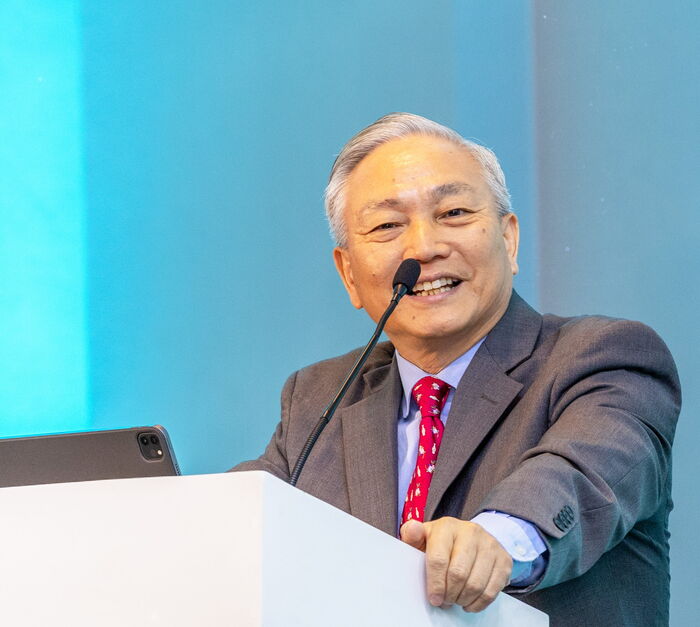A proposal by the World Bank urging Kenya to increase taxes to clear mounting pending bills has sparked widespread backlash from citizens and lobby groups. The global lender recently linked the tax hike recommendation to the country’s rising pending bills, which climbed from Ksh421.6 billion in March to Ksh526 billion by June 2025.
The Motorists Association of Kenya (MAK) has strongly condemned the proposal, accusing the World Bank of promoting austerity measures that prioritize debt repayment over citizens’ welfare. In a statement on Thursday, the association warned that additional taxes would worsen the already high cost of living.
“The World Bank is at it again, pushing the government to impose more VAT and excise taxes when Kenyans are already battling high inflation and stagnant incomes,” MAK said. “These directives are often tied to loans for poorly implemented or phantom projects, yet ordinary Kenyans foot the bill.”
MAK also recalled the 2018 protests against the introduction of VAT on fuel, which it attributed to World Bank pressure. The lobby claimed the move led to job losses, inflation, and business closures, and cautioned that a similar policy could destabilize the economy once more.
The group further accused the World Bank of influencing economic programmes that led to public sector layoffs, arguing that such measures undermined domestic demand and pushed more Kenyans to seek jobs abroad under tough conditions.
Prominent lawyer Peter Wanyama echoed these concerns, saying Kenya should focus on curbing corruption and wasteful spending rather than raising taxes.
“The best solution is to cut graft and downsize government. Higher taxes will only burden citizens while fuelling wasteful spending,” he said.
Kenya currently levies 16 percent VAT on essentials such as fuel, cooking gas, and electricity. As the Treasury weighs the World Bank’s advice, it faces the delicate task of balancing debt obligations with protecting citizens from further economic hardship.

